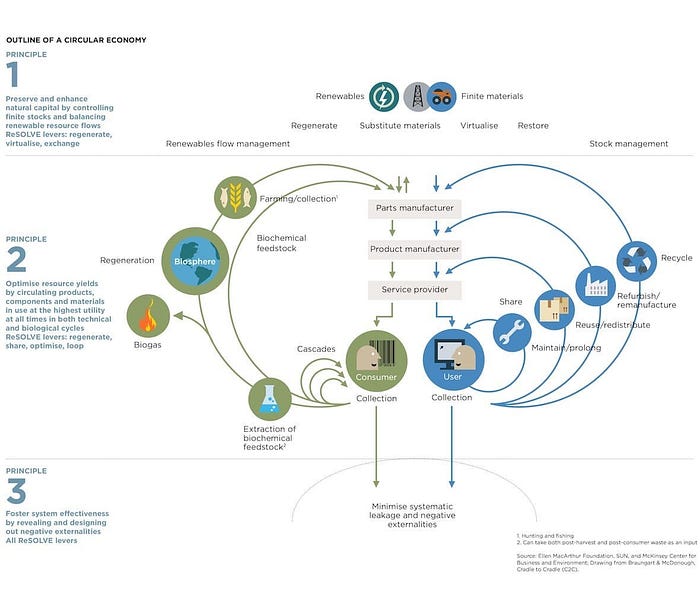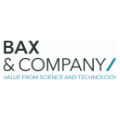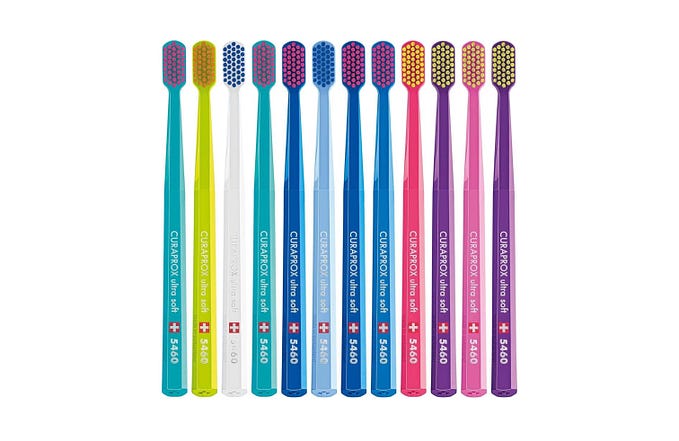Boosting investments in the circular bio-based economy

The circular economy concept has become indispensable in how we view and work towards a sustainable future. While its principle of minimising waste streams by connecting material loops and regenerating natural systems is quite straight forward, the processes within the circular economy system represented by the biological and technical cycles are rather complex.
Even more challenging is scaling new business in the circular economy, especially when applications, products and services are based on bio-waste.
The butterfly diagram below visualises this complexity.

In Europe, an average of 96 million tonnes of municipal bio-waste is generated annually, from which two-thirds are still being incinerated or disposed of in landfill. As the waste resources materialise not only in large volumes but also as a consistent flow, the potential to generate economic value is vast.
This October marks the launch of HOOP (Hub of circular cities bOOsting Platform), a new European initiative funded under the Horizon 2020 programme. The project aims to contribute to the uptake and commercialisation of biowaste-based materials. Bax & Company is an expert partner in this 4-year programme, focussed on the valorisation of knowledge and know-how.
To accelerate the growth of companies, and thus boost the environmental impact, Project Development Assistance (PDA) will be offered to cities, informal and formal investors, and other parties. The PDA is tailored to assess the potential of a particular start-up or scale-up, so parties can make quicker and better investment decisions to develop bankable projects.
Eight ‘lighthouse’ cities that differ in size, climate, and socio-economic structure, have been selected to attract circular investments and scale-up successful pilots. Since waste streams vary greatly per city — in type, diversity and size — there is no single metabolic blueprint for an effective bio-based economy. By gathering knowledge on its implementation in different contexts, the aim is to increase large-scale replicability across Europe.
HOOP bridges the gap between circular economy plans and investments, boosting sustainability and competitiveness in Europe.
Earlier projects VALUEWASTE, SCALIBUR and WaysTUP! explored new innovative ways of processing biowaste. In the HOOP project, these technologies will be combined to create circular urban metabolic systems that have the power to reclaim the value of organic waste streams.
Bax & Company’s role as a HOOP partner is to foster interest and trust with potential investors, to fund start-ups and scale-ups in the application of biowaste-based materials. A dedicated Circular Investment Board will be created. Procedures such as valuations, assessments, monitoring, and certification methods will also be developed, tested and implemented.
DID YOU KNOW?

HOOP primarily focuses on two waste streams; the organic fraction of municipal solid waste (OFMSW) and urban water waste sludge (UWWS)

These waste streams have the potential to combat soil degradation and to decrease the need for synthetic fertilizer

If food waste were a country, it would be the third-highest greenhouse gas emitter in the world! 1

Post-consumer organic landfilled waste currently generates 12% of global methane emissions. 2

In 2017, the World Economic Forum placed emphasis on up-scaling regenerative biowaste loops, as many processing techniques were already developed and available.3
Bax&Company supports industries, cities and public authorities to identify circularity gaps, develop actionable plans and map opportunities for the transition to a circular economy model. To find out more about our services, visit our Circular economy focus area, or reach out to a member of our team.
Originally posted at https://baxcompany.com/insights/ on 2nd October 2020.









